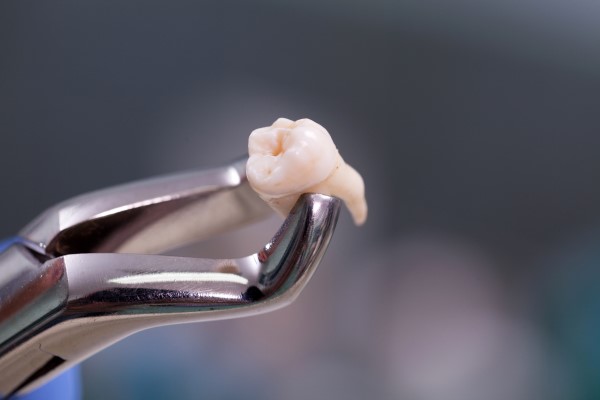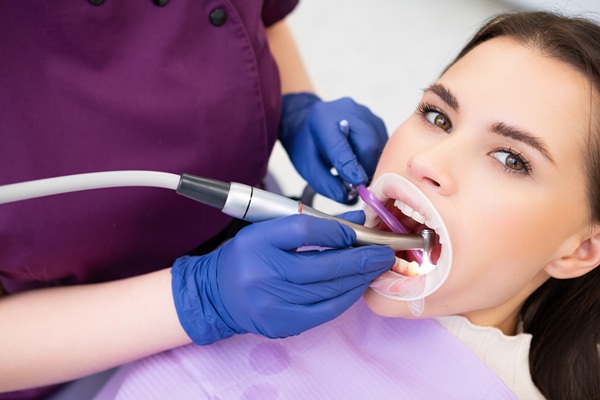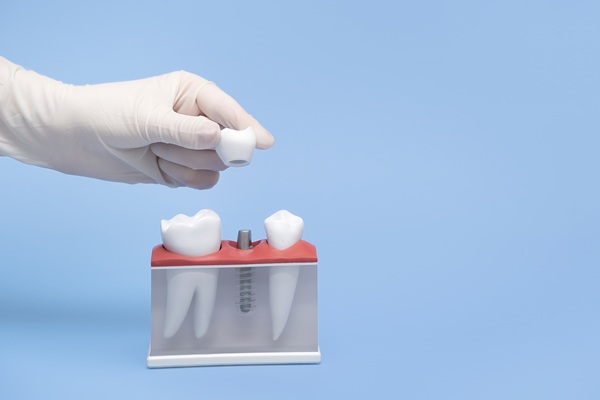Who Needs a Wisdom Tooth Extraction?
can induce anxiety in some; however, the procedure is needed in order to prevent issues from developing. In some scenarios, the eruption of the wisdom teeth does not lead to any issues, which means extraction may not necessarily be required. However, most people do experience problems relating to the eruption of their wisdom teeth. Keep reading to find out who may need extraction.
The need for wisdom tooth extraction
Outlined below are a few examples of those who may need a wisdom tooth extraction. This information can be very useful to someone who may not know whether or not their wisdom teeth should be removed.
Pain
If and when wisdom teeth eruption results in pain or discomfort, it is highly advised to undergo an extraction. Wisdom teeth eruption does not always go smoothly, and more often than not, the result is sharp, chronic pain. Additionally, some experience dull pain, which feels more like soreness. Regardless of the type of pain, it is not realistic to live with it. And, the pain usually represents a problem, thus resulting in a need for extraction.
Impaction
Those who experience impaction will definitely need a wisdom tooth extraction. Impaction is when a tooth gets stuck beneath the gums and behind the other existing teeth. It can be very dangerous to the soft and hard tissues of the mouth, which can lead to serious problems, such as infection, pain, and inflammation. In the event that an impacted wisdom tooth gets ignored or put on the back burner, the result can require multiple oral surgeries.
Crowding
An individual who is experiencing crowding as a result of their wisdom teeth erupting should undergo an extraction. The wisdom teeth erupting can push the other existing teeth in all directions, which can lead to problems.
Crowding can be extremely detrimental to the oral cavity as it can result in a shift in the existing adult teeth. Shifting can lead to decay. If the teeth shift so much that certain ones go in front of the other, or behind, there is a higher chance that food debris will get stuck, thus resulting in bacterial growth.
The help of a general dentist
When needing a wisdom tooth extraction, it is best to start by consulting with a general dentist. While it may be surprising to visit a general dentist, it is actually in the patient's best interest. General dentists undergo extensive training in all things related to the oral cavity, including the eruption of wisdom teeth. They are able to determine the best plan of action when it comes to extraction. For example, it is sometimes necessary to wait it out, while other times the need to extract is pressing.
Ultimately, a consultation appointment will help the patient, whether it is getting wisdom teeth extracted immediately or reducing discomfort intermittently until the extraction is performed. To find out more about wisdom tooth extraction, reach out today.
Request an appointment here: https://smilesdental.com or call Smiles Dental Care at (650) 563-1180 for an appointment in our Mountain View office.
Check out what others are saying about our dental services on Yelp: .
Recent Posts
Do you think your wisdom teeth may need to be removed? Wisdom teeth extraction, whether complete or partial, is a standard procedure that comes by recommendation of a dentist. Sometimes, it could be because they were coming in crooked or placing too much strain on your jaw or neighboring teeth. If you have undergone a…
Many dental patients find themselves needing a wisdom tooth extraction. Wisdom teeth, the third and last set of molars, usually erupt in a person’s late teens or early 20s. While some patients will have no problems with their wisdom teeth, these molars often become problematic and cause issues that require extraction.It is important for dental…
Wisdom teeth cannot fit in the mouth. Four of your adult teeth are wisdom teeth. These teeth erupt after the second molars are already set in the back of the mouth. Because of this, wisdom teeth do not erupt the right way. Some of them cannot even break through the gums. If you want to…
Dentists regularly field questions about wisdom teeth from patients and young patients’ parents. If you are approaching the age when extracting these teeth is common, you may be curious as well. There are a lot of reasons why dental professionals recommend removing these molars. As you understand more about these teeth, you may realize why…


